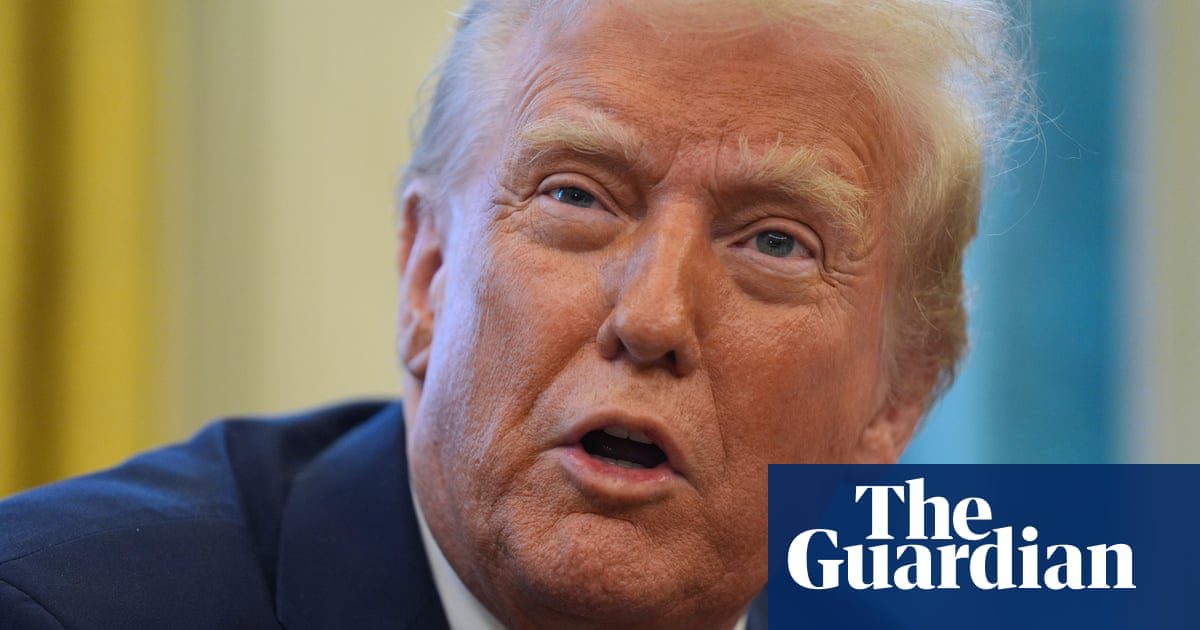
On Tuesday, Donald Trump reportedly dismissed the federal supervisor tasked with monitoring the US Agency for International Development (USAID). This decision came just a day after the independent inspector general released an alarming report outlining the consequences of the president’s abrupt restructuring of the agency.
Paul Martin, who was appointed by Joe Biden in December 2023, was informed of his termination via email from Trent Morse, the deputy director of the White House office of presidential personnel, as reported by the Washington Post.
In his findings, Martin highlighted that “significant staff reductions at the agency, alongside uncertainty regarding the scope of foreign assistance waivers and allowable communication with implementers, have compromised USAID’s capability to deliver and oversee taxpayer-funded humanitarian assistance.”
Reuters and the Associated Press subsequently verified the information. A USAID official, who spoke to Reuters on the condition of anonymity due to the sensitive nature of the issue, confirmed that Martin had been “removed from his role.” Additionally, an anonymous US official who spoke to the Associated Press noted that the White House had not provided any rationale for the dismissal.
The closure of USAID was one of the initial measures initiated by Elon Musk and the newly-formed “Department of Government Efficiency,” established by Trump within the White House. USAID employs around 10,000 individuals, with nearly two-thirds stationed at over 60 missions worldwide. Trump had previously advocated for nearly all of the agency’s staff to be placed on administrative leave and had already suspended 500 individuals before a judge intervened on Friday.
The abrupt suspension of the agency’s operations, as documented by Martin, poses risks to more than $489 million in food assistance currently at ports, in transit, and stored in warehouses, which are susceptible to spoilage or loss. Furthermore, he noted that the agency had almost entirely lost track of $8.2 billion in unspent humanitarian aid, hampering its ability to prevent this funding from being diverted to violent extremist entities or misallocated in conflict zones.
Programs within Afghanistan, Iraq, Lebanon, Pakistan, Yemen, Syria, the West Bank, and Gaza require vetting to ensure the responsible use of US taxpayer funds. However, a shortage of personnel to perform these evaluations raises concerns that funding could inadvertently benefit terrorist organizations, according to the report.
Martin’s dismissal occurred just two weeks after Donald Trump relieved 18 inspectors general of their duties, violating a legal requirement mandating prior notification to Congress 30 days before such actions.
On Tuesday, Trump also signed an executive order directing agencies to collaborate with the Musk-led team at “Doge” as they reduce federal staffing levels. Trump has characterized USAID as “inefficient and corrupt,” assigning the Doge team to streamline the agency’s operations.
The executive order specifies that agency leaders “will formulate plans for significant workforce reductions and assess which agency components (or entire agencies) might be eliminated or merged due to legal redundancy.”
after newsletter promotion
USAID is the premier provider of global aid, addressing critical issues such as maternal health in war-torn regions, clean water access, and HIV/AIDS treatments worldwide. In 2024, its budget represented 42% of the humanitarian assistance tracked by the United Nations, yet constituted less than 1% of the total US federal budget.
Marina Dunbar and Robert Mackey contributed to this report
Send us a tip
If you possess information regarding the impact of cutbacks to federal programs, please reach out securely with the Guardian using a non-work device through the Signal messaging app at (646) 886-8761.









